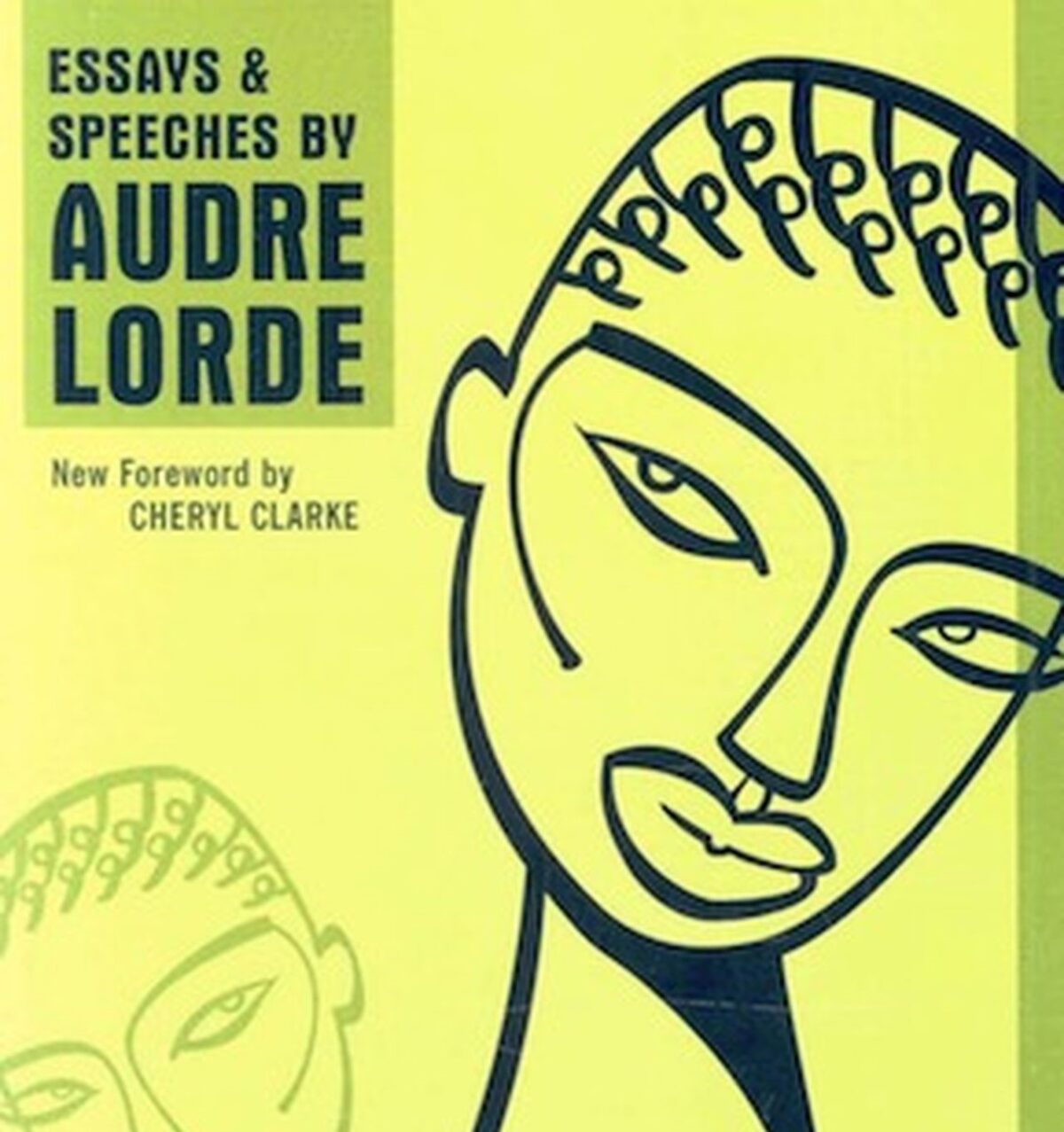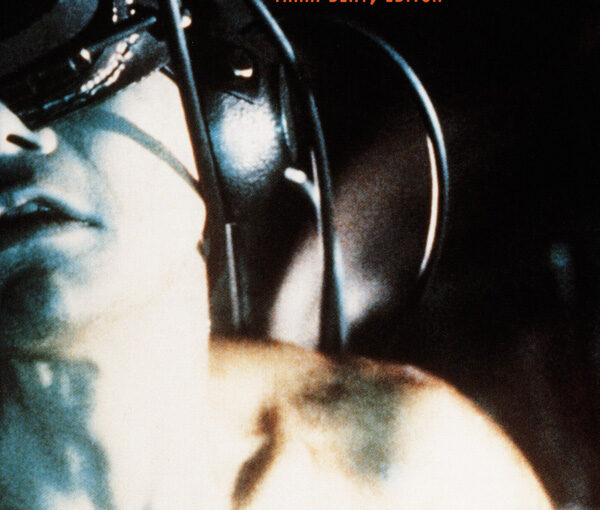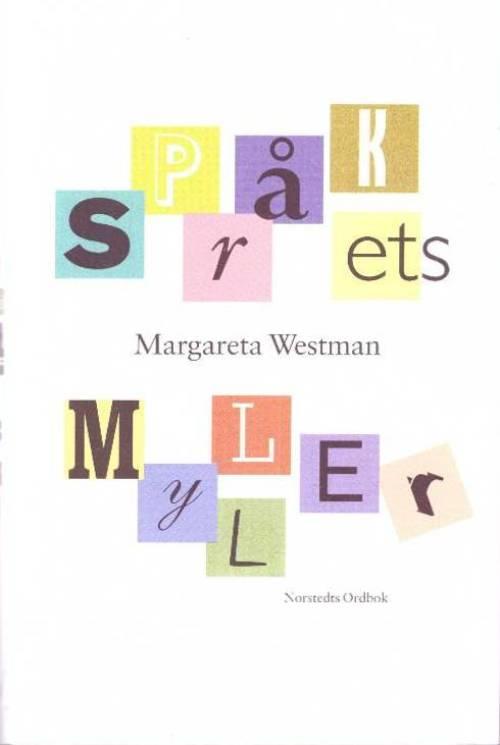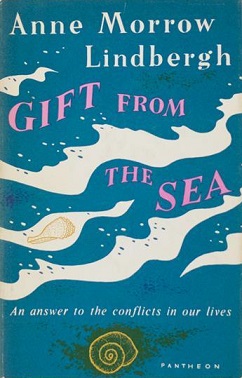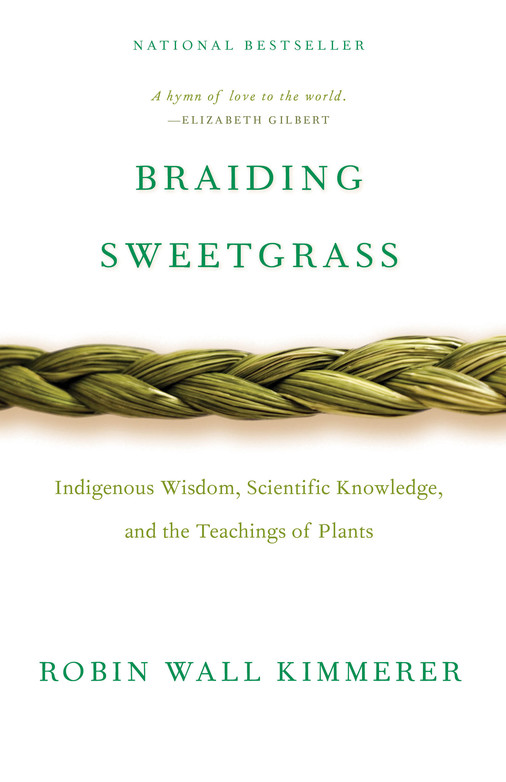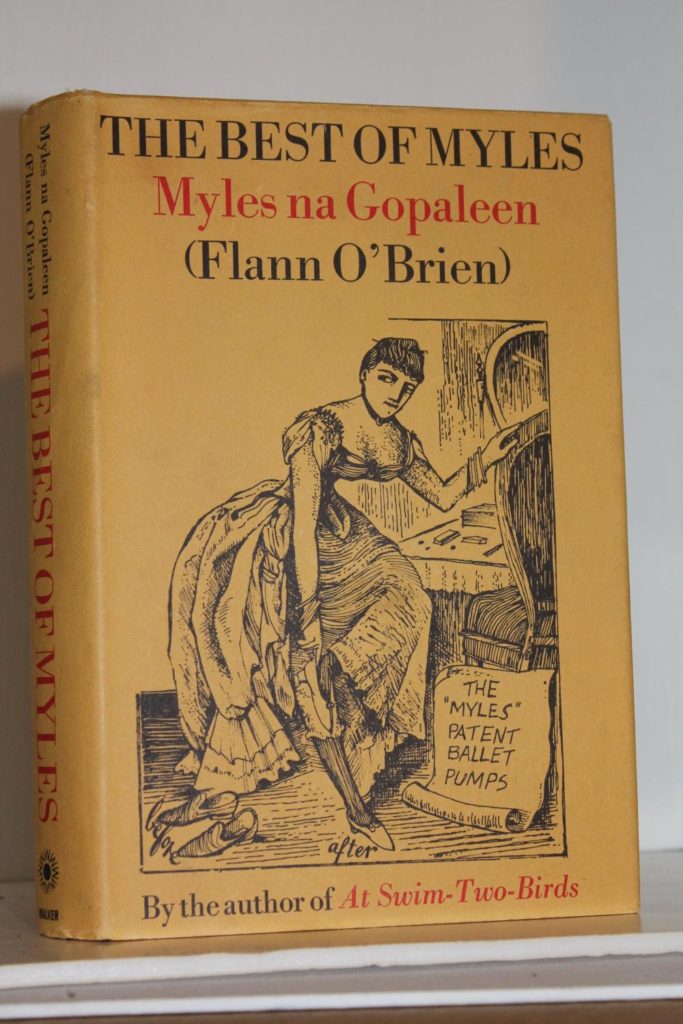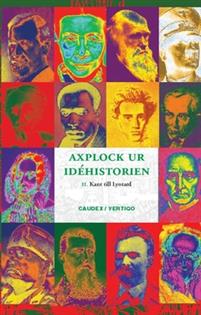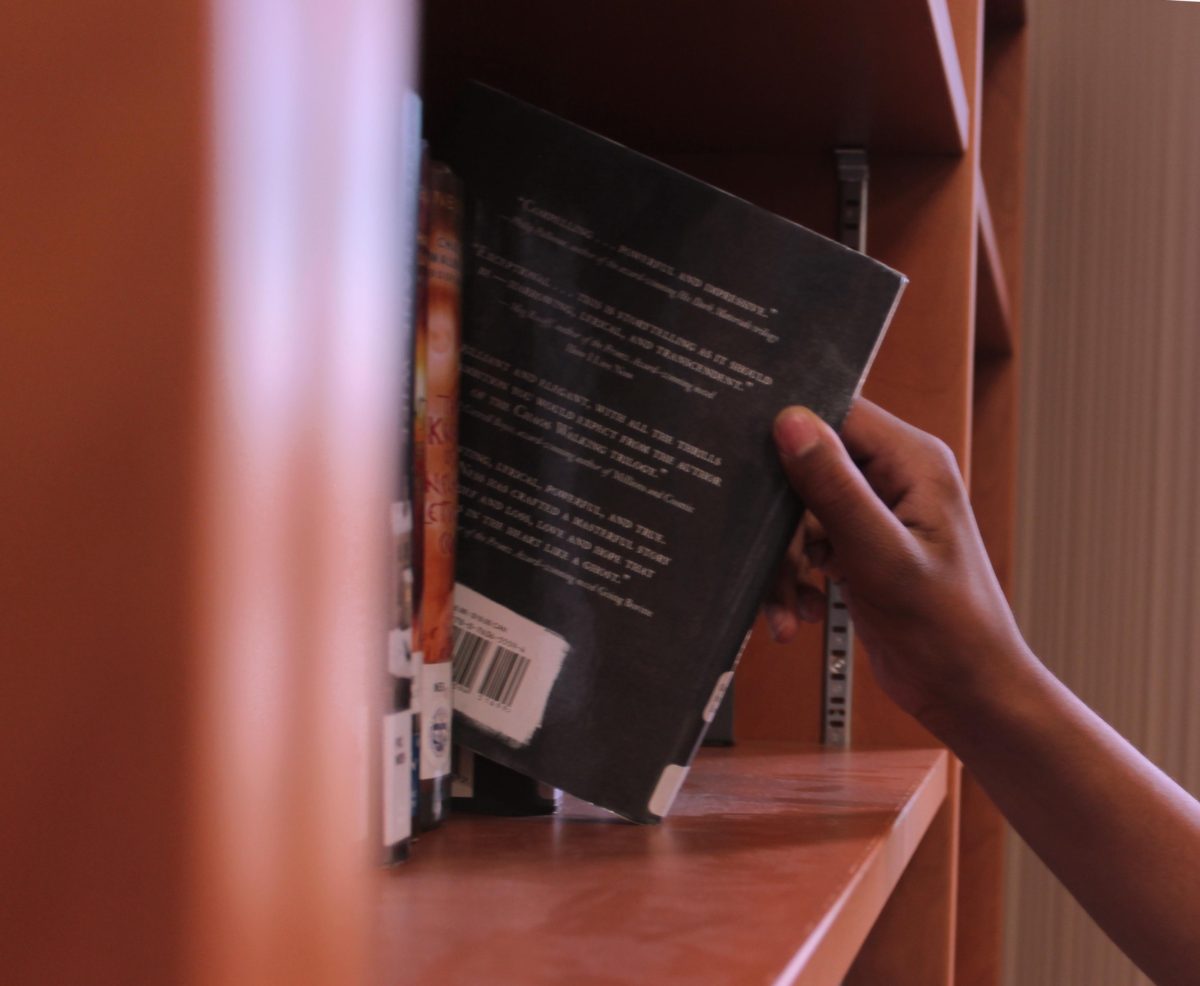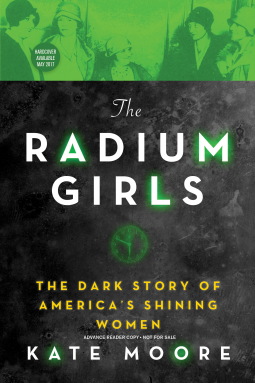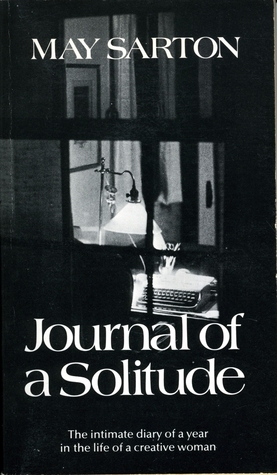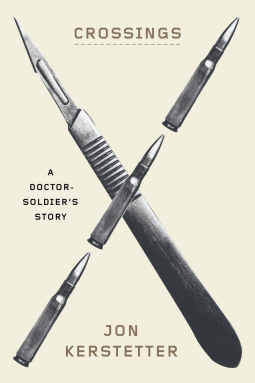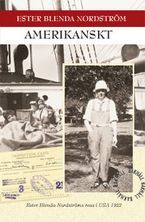Audre Lorde is a name that’s been familiar to me for years, for better or for worse through people quoting her in well-designed little social media banners about poetry, the master’s tools dismantling the master’s house, or self care. There is something kind of sad and deflating in that: to generate a substantial body of artistic work as well as intellectual and theoretical thought, only to be reduced to the 21st century equivalent of a soundbite, lost in the stream of other reductionist soundbites.
The Sister Outsider essay collection came up in a podcast I was listening to—contextualizing Lorde a bit more beyond a neatly designed and typeset swipe-able image—and anyway, here we are now!
I actually finished the collection a few weeks ago; I just couldn’t find the time or brain to write about it until now. The short review that Sister Outsider doesn’t need is that it’s a fantastic collection. Lorde is a deep thinker and an engaging writer. I just wanted some of them to be longer, because there were lots of ideas and assertions that Lorde presents without cracking them open because they were always in service of some other, larger thesis, particularly in “Uses of the Erotic: the erotic as power.” Lorde uses a very nuanced and all-encompassing concept of “the erotic” that I was hoping she would examine more deeply and that I get the feeling she perhaps hashed out in other pieces not included in the book—like, I don’t immediately see the eroticism of constructing a bookshelf?
The diary accounts of visiting the Soviet Union and Grenada also stick out as personal favorites, maybe because those are more self-contained accounts of real-world events rather than out-of-context selections from longer, fuzzier academic conversations?
I’m also keenly aware that this is the rare piece of nonfiction by a Black author I’ve managed to read as an adult. Out of that nonfiction, almost all of them are either autobiographical or a treatment of race relations in the US. (I expect all of them are, but I’m hedging my bets here in case I’m wrong.) Obviously race relations, or whatever the best term is anymore, is important and one worth learning about. But I feel like surely Black journalists and academics are experts in a wide variety of fields, so why should the default expertise readily available to me be so limited? Offhand I can think of astronomy: Neil deGrasse Tyson, who has at least a couple of popular science books out by now, as does Maggie Aderin-Pocock.
Of course limiting this to English, to books published in the US or the UK, is another factor. Etc. I guess my point is, this is something I try to reflect on in my nonfiction choices: whose expertise do I have access to? Whose is marginalized? How can I broaden the knowledge pool available to me?

